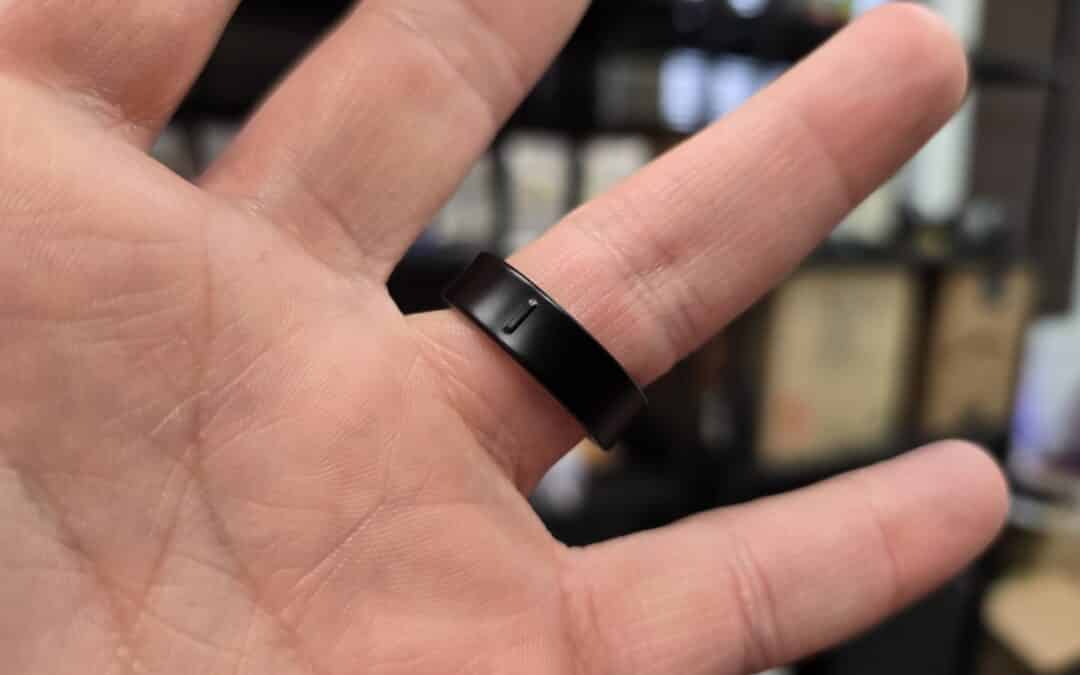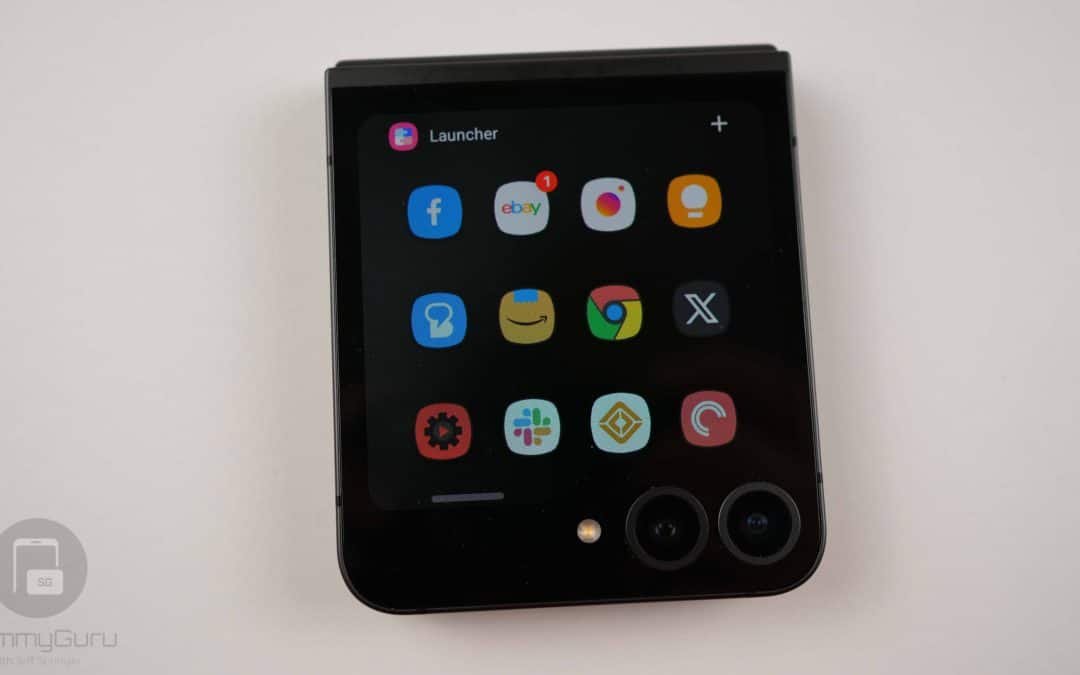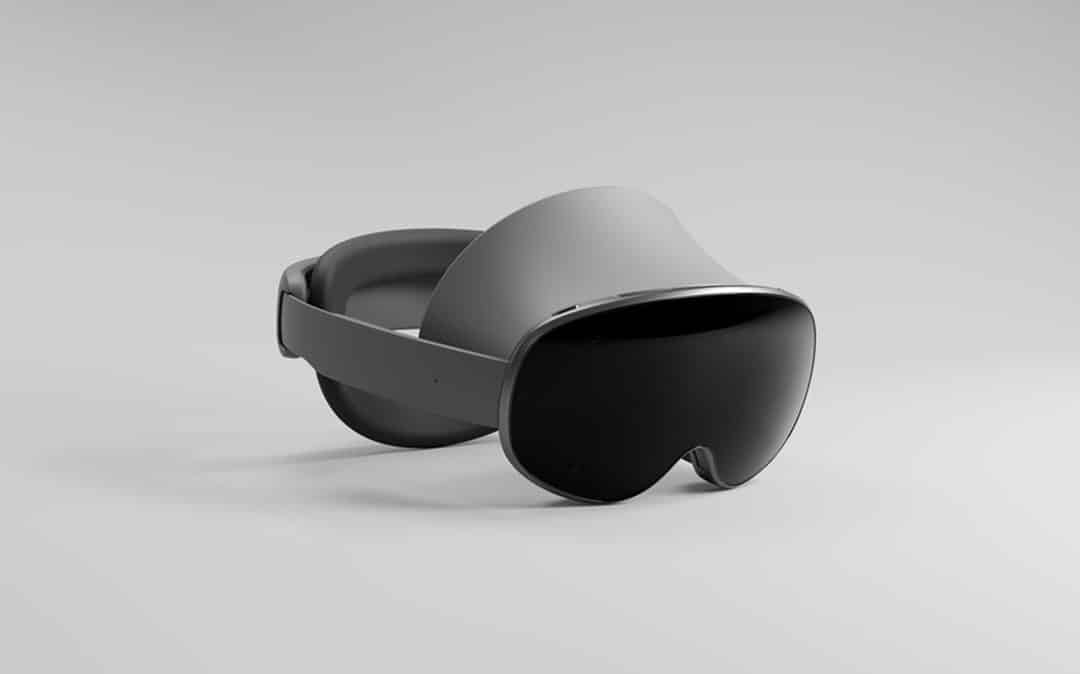When Google unveiled the Pixel 9 series, it teased several cool features, though most of them were (and are) exclusively available for the Pixel 9 series. One standout addition is the Pixel Screenshots app, which is by far the most utilitarian use of AI. Our phone galleries often fill up with a variety of screenshots — memes, web articles, tweets, chats, and more — that we rarely revisit.
PixelShot slaps Pixel Screenshots on every Android device
What Pixel Screenshots does is organize them, allow you to recall them by prompting a search, and more. The downside? It’s exclusively for Pixel 9s. But not anymore, in a way. An India-based developer, Mehul Kanzariya, has created PixelShot (h/t Mishaal Rahman/Android Authority), which extends the Pixel Screenshots app to Android devices, including Galaxy phones.
The only difference you’ll notice is that Pixel Screenshots doesn’t require internet connectivity; instead, it relies on on-device AI processing to analyze the screenshots. PixelShot, on the other hand, requires an internet connection. But that’s a fair trade-off, I suppose, to get the near-Pixel experience.
PixelShot is available for Galaxy phones running Android 11
It seemingly works flawlessly, does what it says: Pixel Screenshots on Android (including Galaxy phones), and comes free, at the time of writing. While PixelShot is an amazing app that brings the Pixel Screenshots experience to the masses, I’d suggest avoiding uploading confidential information or, even better, screenshotting them. Though Kanzariya says, the app doesn’t upload the screenshots to the cloud. The text extracted from your screenshots gets uploaded for AI processing and summarization, however.
Pixelshot uses Google’s ML Kit SDK to locally extract text from your screenshots through an on-device machine learning model. The text is sent to a Llama 3 8B Instruct model hosted on Replicate, where the model processes it to create a summary and generate a fitting title. According to the developer, the extracted text is not stored in the cloud. Instead, the AI-generated summary and title are saved locally on the device using a Room Database.
Because the app involves cloud services, the developer notes that it may not remain free for long. As usage grows, there are plans to introduce in-app purchases and ads to cover the costs of the API.






